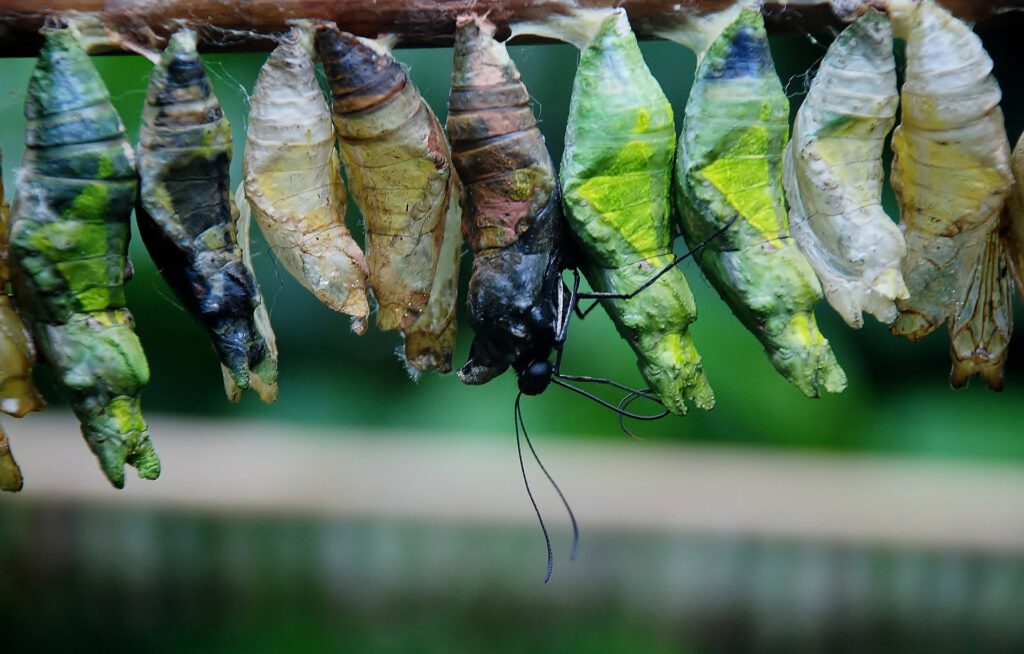What’s the situation with care homes and coronavirus?

With the Covid-19 virus threat moving fast, this is merely a snapshot of how government, care home owners and staff are approaching the challenge today. But it’s all useful to know when we’re worried about our loved ones.
What’s the current advice?
Older people and those with underlying health conditions are at most risk from Covid-19, and that means many of our relatives living in care and nursing homes.
According to the chair of the National Care Association, the good news is that care homes already have good infection control services. Those controls are compromised though by people coming in from outside, so homes should be aiming to share their best hygiene practices and knowledge with others.
There’s not been a lot of advice from the UK government specifically about care homes, but events are moving fast, and many of the larger care home groups are now issuing their own advice.
As of the 10 March the Anchor group of care homes has temporarily stopped all non-essential visits, such as school visits, as a precaution. Relatives and friends are still be welcomed, and the homes ask visitors to follow NHS on hygiene. Essential visits such as medical appointments and buildings maintenance are continuing.
The Barchester Healthcare group is asking families to minimise their routine visits and is encouraging people to contact home managers to discuss appropriate precautionary measures for those who need to visit. Again, visits from local groups and entertainment are being cancelled for now.
General advice for the whole population about preventing infection is being shared with staff and visitors widely. Check your home’s website for advice or contact the home directly for more information about visiting.
Here’s the guidance for social and community care and residential setting from Health Protection Scotland, published on the 12 March 2020. It recommends, amongst other actions, that people with confirmed Covid-19 should be cared for i a single room with en-suite facilities if possible. Also that visitors should be restricted to essential visitors, but to maintain a proportionate and pragmatic response,, considering local risk assessment and practical management.
What happens next?
Meanwhile it’s been suggested that the government might instigate a policy of ‘cocooning’ groups of the most vulnerable people away from the general population until a widespread immunity has been achieved outside the home. Government adviser Dr David Halpern has suggested that volunteers could be brought in to ease the pressure on care home staff, though this has been criticised as a strange idea when families are being asked to stay away.
Alternatively it’s been suggested that staff will have to become part of the cocoon, unable to leave and ensuring that deliveries are handled in the most effective way.
Cocooning is going to be difficult for all concerned, practically and emotionally. Keeping families away from loved ones who are themselves seriously unwell or even at end of life is a draconian measure. Relatives will clearly find it hard. Residents too are likely to struggle if they are suddenly cut off from family and friends.
What’s happening elsewhere?
Since US and Canadian nursing homes began experiencing mortality amongst their residents, the federal government is focusing on inspections for infection control. Some US homes are issuing short questionnaires to visitors about symptoms, recent travel and contact with others. Many are making sure where possible that they have stocks of medical masks and protective clothing, as well as bleach to use with high-temperature laundering to kill germs. Some are ordering extra thermometers to check visitors, although this isn’t always being received well. On the other hand some relatives are taking the situation seriously enough to consider pulling their family members out of homes if virus is reported in the area.
What can we do?
Our older friends and relatives, and those who share living space with them in care homes, are some of the most vulnerable in society. Taking them out of the home is rarely going to be a practical or effective solution.
What can we do to help protect them during this difficult time?
- Follow handwashing advice and coughing etiquette to protect ourselves as well as the people around us
- Communicate with your relative’s care home to understand their strategy for dealing with risk and how you can help
- Consider cutting down on visits to relatives and friends in care and nursing homes if you can find other ways to keep in touch, such as iPads or just a phone call every day
- If you’re visiting, you’ll probably think of taking personal soap, tissues, gel, toilet rolls … anything to help with hygiene and any shortages. Maybe add in some wipes to give personal items a good clean wh you’re like brushes and combs, shaving kit, spectacles and hearing aids.

